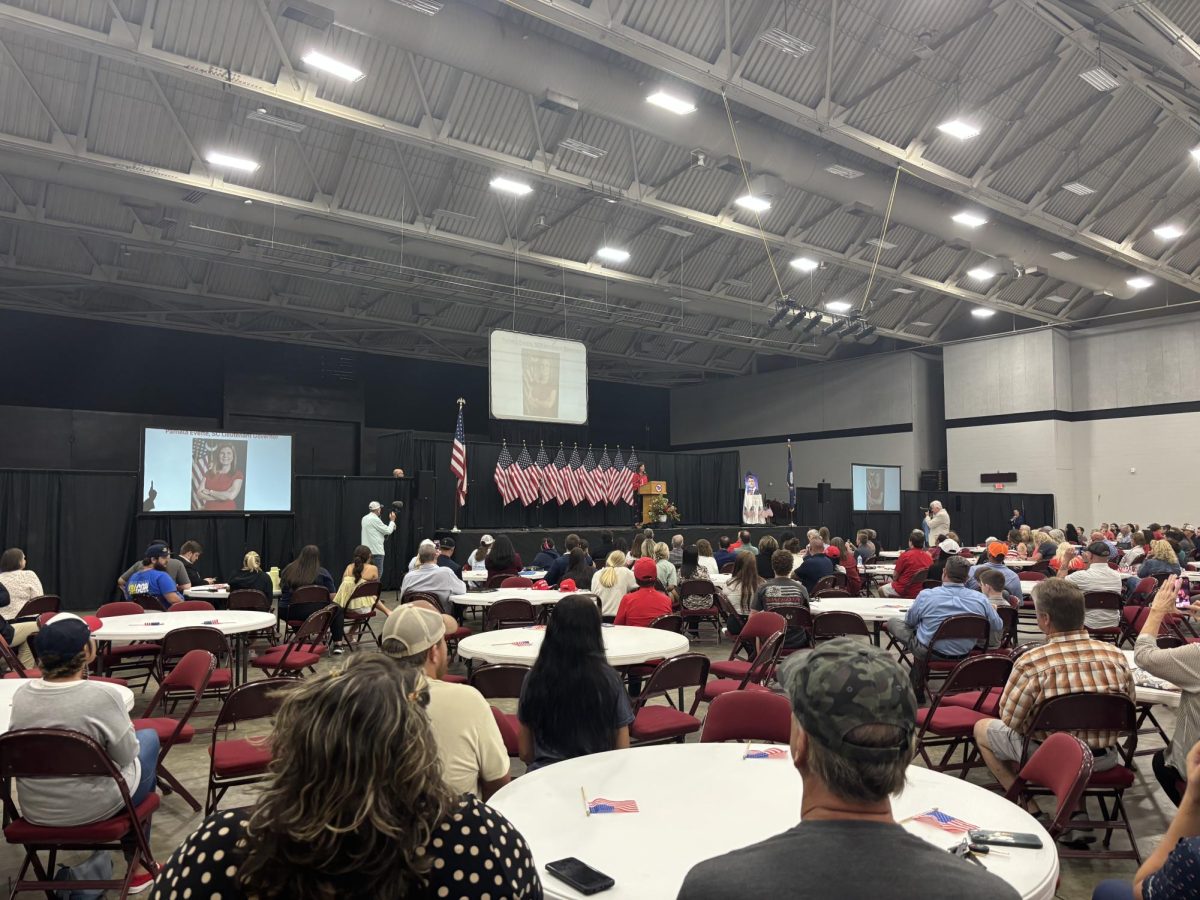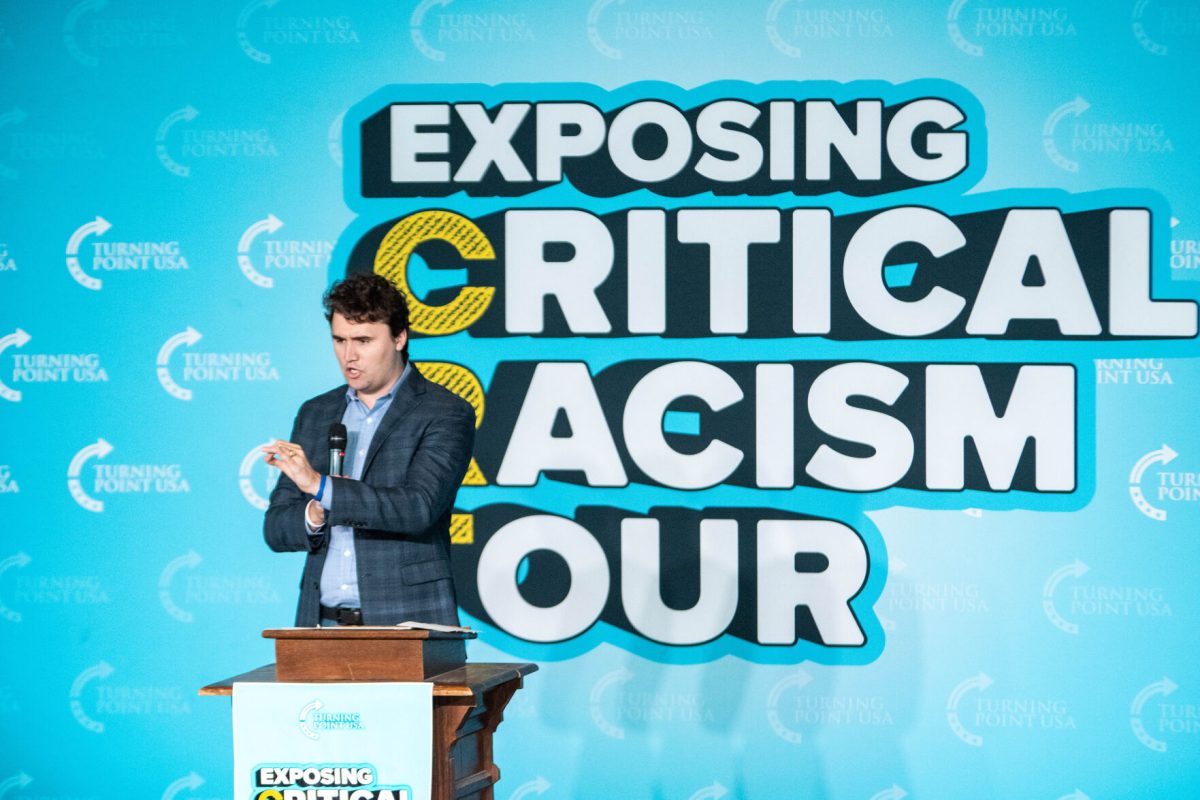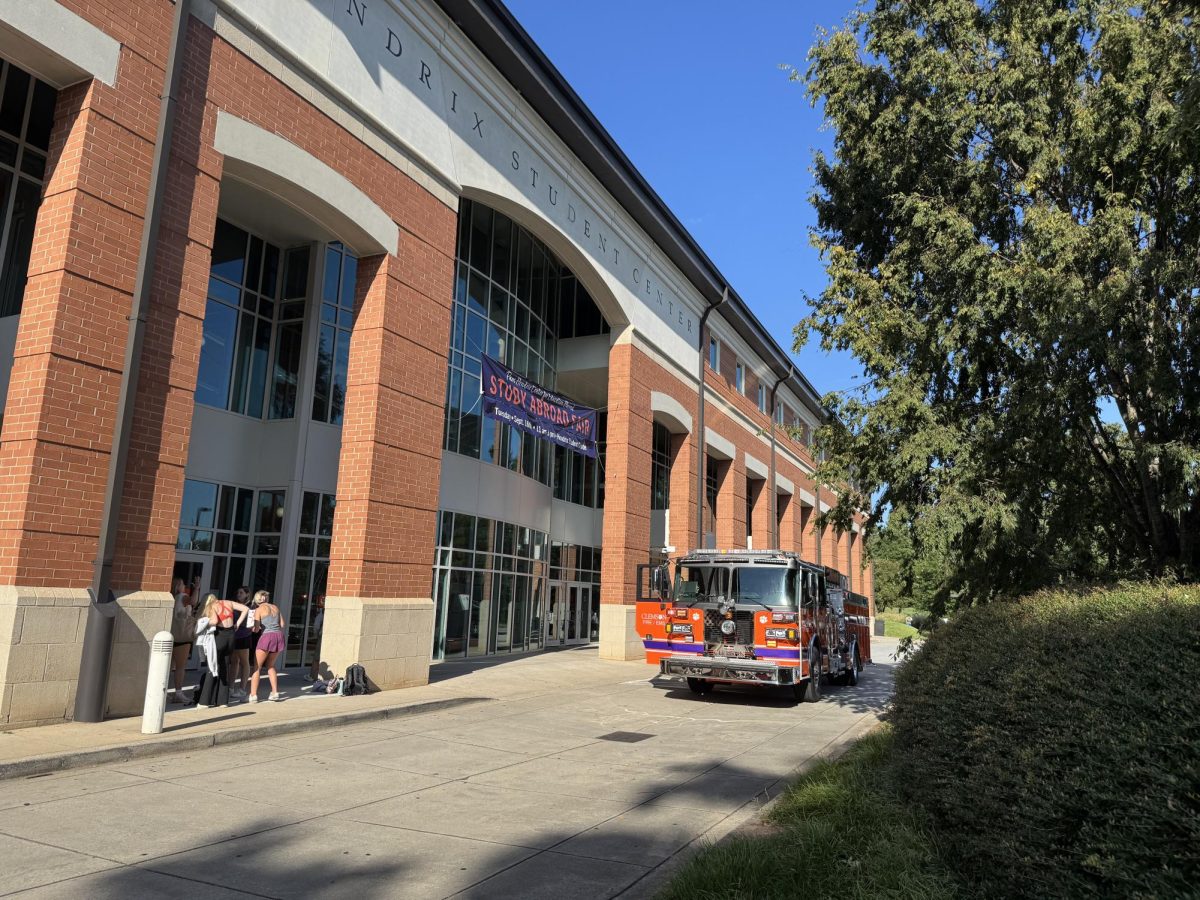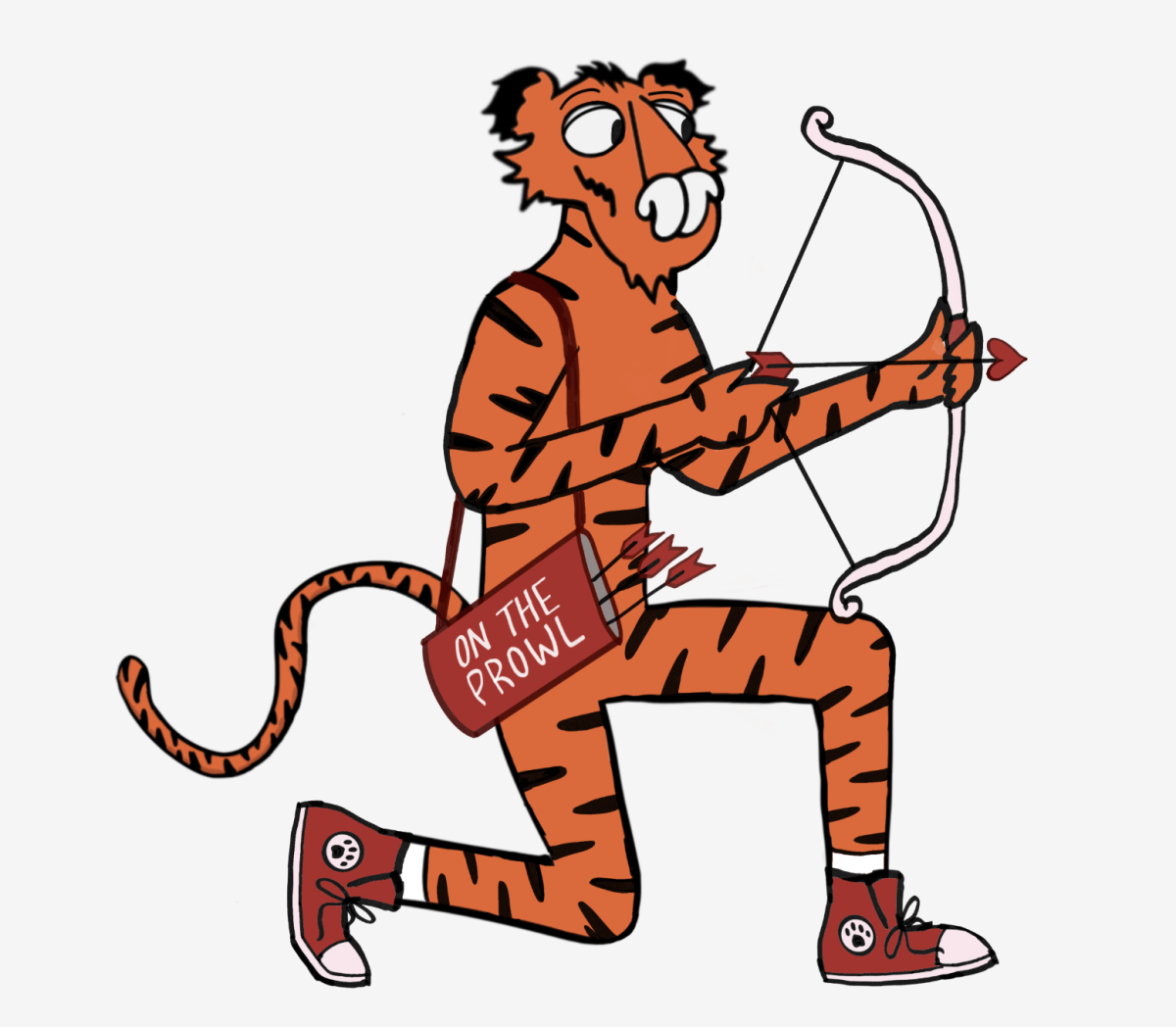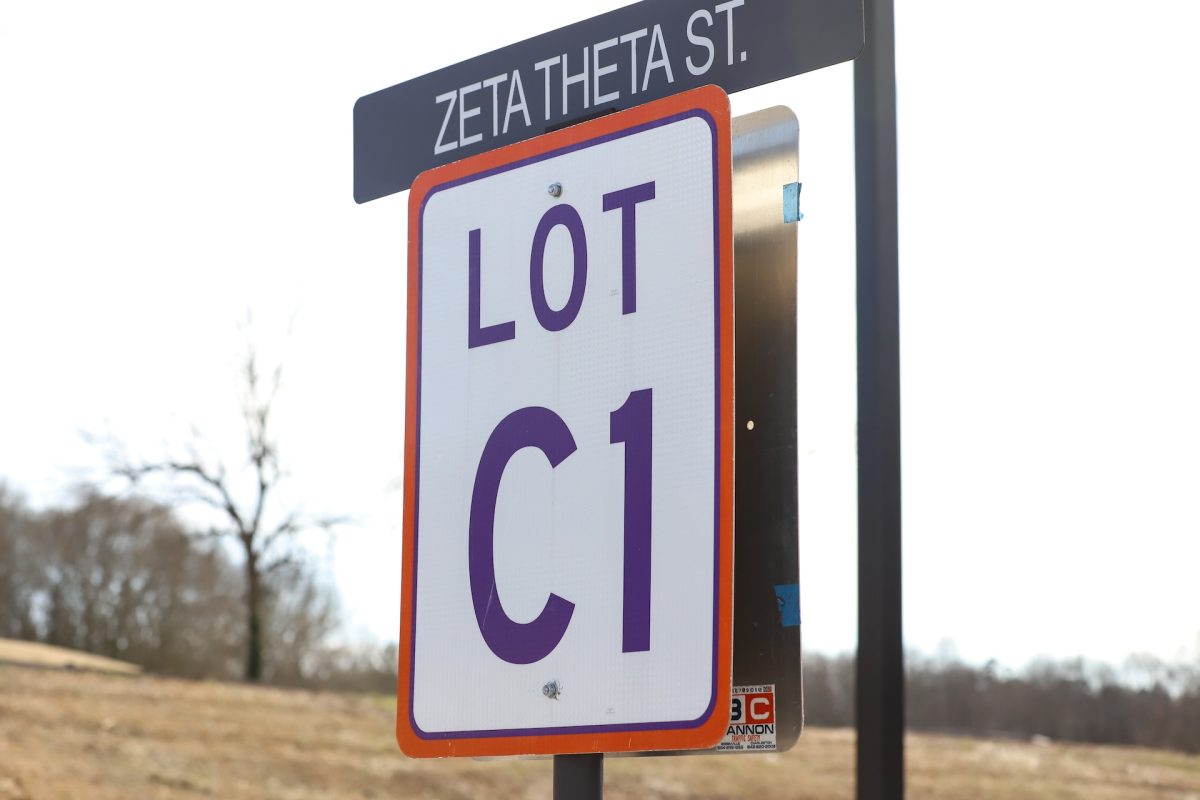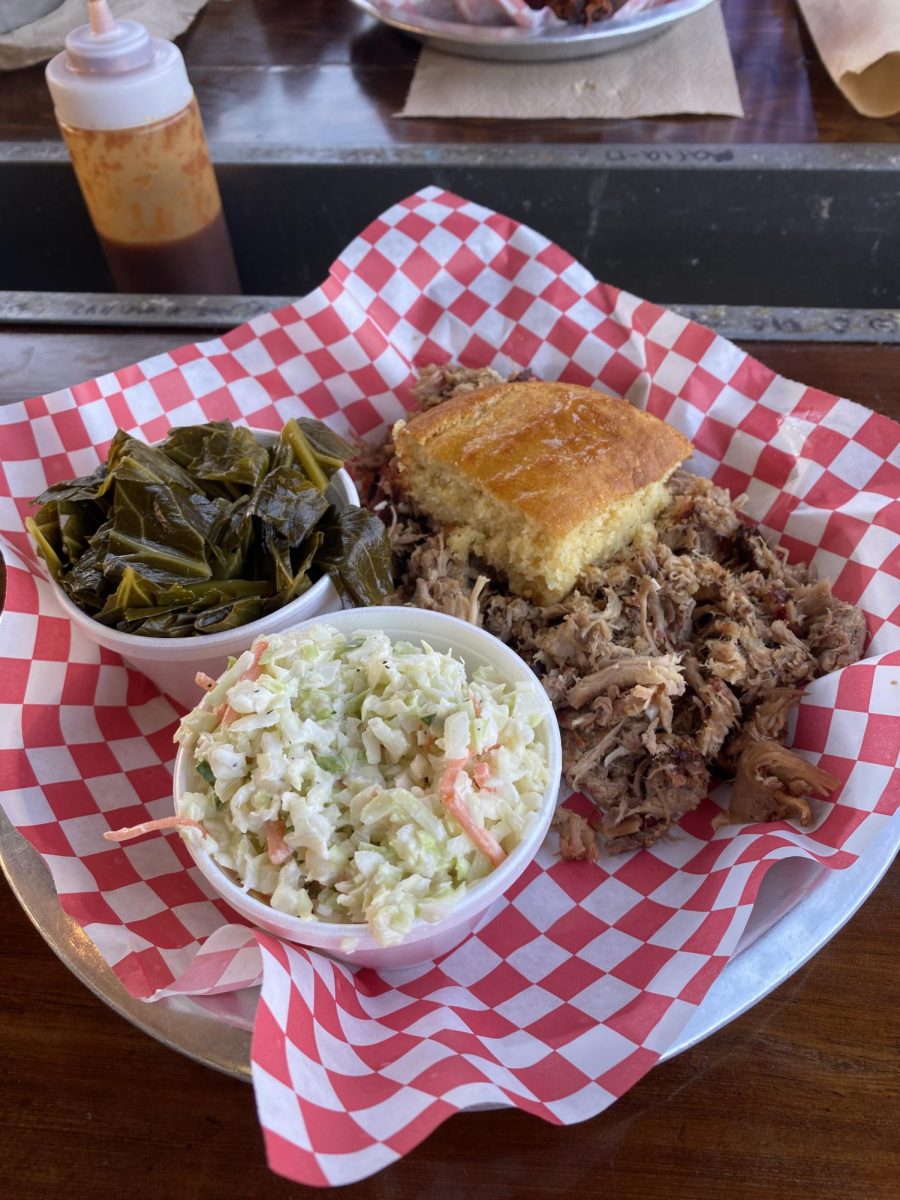In 1903, W.E.B. Du Bois published “The Souls of Black Folk,” perhaps the first text to provide a substantive glance into the struggles and experiences of African Americans in the early twentieth century. Critical of the failures of the Reconstruction Era, Du Bois uses the work to theorize solutions to what he called “the problem of the color-line,” or, more prosaically, the legal and ideological structures enacted in the Jim Crow era to disenfranchise Black Americans, segregation and the Black codes being two of the more infamous examples.
In line with calling for economic and political reform and Black male enfranchisement, Du Bois also argued for a justice-based approach to higher education that would provide African Americans with the tools necessary to undermine their oppression. In fact, he noted that the “function of the university” should not be simply to teach job preparedness, but also “to be the organ of that fine adjustment between real life and the growing knowledge of life, an adjustment which forms the secret of civilization.” His theory, directly correlated with the work of Paulo Freire and the sort of pedagogy borne out of the civil rights and anti-apartheid movements, establishes a connection between the past and present and demonstrates just how needed social awareness is in formal education.
Still, a century later, Du Bois’s desire to see an institution that places social justice on the same pedestal as job preparedness has yet to be seen. Rather, it seems the university has lost this spirit altogether, caring evermore about financial success and less about social progress. In light of recent national debates concerning race and oppression, now is the time to reevaluate just how our institutions of higher education prepare students to address realities like discrimination and inequality.
To imagine what such a reevaluation should look like, perhaps we need look no further than Michael Roth’s comments on teaching and learning in the
Huffington Post.
Roth says, “Education is for human development, human freedom, not the molding of an individual into a being who can perform a particular task. That would be slavery.” Given this, he presents the need for educational institutions to, as “Du Bois championed,” establish “the vital link between education and freedom” and to not just channel a student’s “hunger for knowledge … into a narrow path destined for yesterday’s job market.” The attainment of this freedom is heavily reliant upon the implementation of “praxis,” or as Freire defined it in his 1968 book “Pedagogy of the Oppressed,” “reflection and action directed at the structures to be transformed.”
Simply put, the application of praxis and the promotion of freedom are invariably related. Having on-campus activism and formal learning exist as two separate entities simply does not prepare students for the challenges of the real world. Freedom can only be obtained through the coalescence of the two, supplying students with and training them to use the tools necessary to recognize and oppose discrimination and inequality.
Indeed, what we should be striving to construct is not a university that seeks just to compartmentalize social concerns into centers, programs and departments, but rather one that actively seeks to engage with such concerns in an interdisciplinary fashion. This manifestation of Du Bois’s vision does not, as some may argue, promote the proliferation of “politically correct, safe spaces.”
It instead hopes to mitigate their necessity altogether.
Targeting the comfort that many students obtain because they are not being confronted with the deadliness and omnipresence of inequality by implementing a campus-wide dialogue where such concerns are constantly grappled with and addressed.
Administration, faculty, staff and student populations alike should embrace this justice-based approach to education for what it really is: something that seeks not to devalue the level of job preparedness at the institution, but rather ensures that each and every student is equipped with the knowledge to question, undermine and ultimately succeed in a routinely unjust world.



